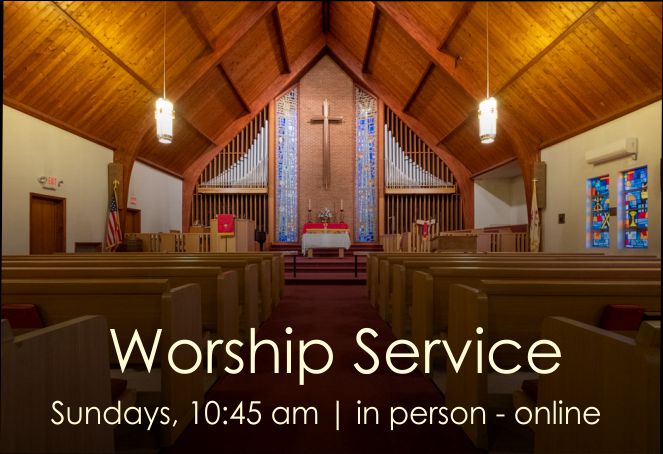My children do not want to follow Jesus

There are many cases in which a child, despite the principles they have received at home, decides not to embrace the Christian faith. This can bring great disappointment to parents, who carry a pain behind them that ultimately leads them to wonder, what did we do wrong?
Added to this painful situation is the attitude of their congregation, which many times also questions them about the relevance of the teachings that have been taught at home, seeking blame for the situation, and, in certain cases, adding pain to pain. It is the worst when these parents are performing some kind of service in the local church; usually using Paul’s text to 1 Timothy 3; on the minister’s demand to have his children under subjection.
In Scripture we find some examples of the parent-child relationship, and how the behavior of the parents affects the children. However, it’s not always like that. Please, let me bring some examples:
A well-educated son with results as expected
1 Samuel 1 | In this biblical episode we find a woman, who, having to endure the insults of her husband’s other wife, cries out to God, because her inability to have children brings great depression on her. However, this sentence has a tragic ingredient; she promises the Lord that when she conceives her son, she will present him in the temple and there she will deliver him for her service.
A tough promise that is kept once she has given birth. As soon as the little one is weaned, this mom does exactly what she said. There, Samuel grows up and is called by God to serve in the temple.
A lifetime dedicated to the Lord. This young prophet is not only God’s tool to replace a whole generation of corrupt and immoral priests; but also, he is in charge of anointing the first kings of Israel. A task by no means negligible and with a special connotation of honor.
Badly educated children with results as expected
The other side of the story of 1 Samuel, starting in chapter 1, is the story of a priest named Eli, who has not properly educated or disciplined his children, who abused the religious power they hold, and adopted immoral behaviors in the house of God.
The story narrated here suggests that the old prophet had to make the temple be respected and guide in mercy those who were supposed to continue his priesthood. In short, and as a consequence of the abuse and wickedness of these young people, tragedy overtakes them and they die together on the same day; at the end of the story, it is Samuel who takes command of Israel’s priesthood, thus putting an end to a caste of wicked ministers.
The story that doesn’t fit
However, there is one more story. One that occurred even before the one just mentioned. This is found in the book of Judges, chapter 13.
This is about another woman; one who had not given birth to a child either, but compared to Samuel’s mother, she did not ask God for it, but it was the Divine who visited her through God’s angel to announce that she was being used to bring someone into the world, that the child would save Israel from the hand of their enemies.
That is to say, that ultimately, and after a quick reading of the text, Samson was more of the Lord’s idea than of the parents themselves. So, a boy chosen to bring salvation, raised on the biblical and moral principles of God, following strict rules given, even in his personal appearance such as that he should not cut his hair. In the end, he strays into his passions.
In chapter 16 of the same book, we find the decline of this judge of Israel, who, following his own passions, led himself to misfortune, disobeying the precepts of God himself, who had given him his supernatural strength and from whom he had been formed in the bosom of his home. The outcome is fatal, since this disobedience led him to commit suicide, with the purpose of taking revenge against his enemies. Sad ending.
Jesus and the sin of the parents
The Gospel of John in chapter 9 reviews an episode in the life of the Master of Galilee. There is a young man who needed healing in his body and who had been criticized by the Jewish society of his time, which was applying the theology of retribution, which declares that everything bad that happens is a consequence of bad actions of the affected person, their parents, or their grandparents.
Faced with this, Jesus replies that that young man had not sinned, nor his past generations; but the important thing here was to see the glory of God. Some beautiful words of comfort in a moment of sadness and rejection.
Today, the merciless idea of retribution theology continues to be applied in many congregations. For a long time, blame has been sought for the ills of those who suffer them, and in this way, pain is added to pain. For the Savior, it was not important who had sinned, but Jesus wanted to focus on what God can do in the midst of tragedy.
At the end of the day, as a church, we should not focus on looking for the mistakes of our brothers and sisters to blame them, but on having an attitude that helps to heal them, to lift them up, to show solidarity with the pain of those who suffer and bring consolation to bring out the good in the midst of the evil.
These words should take a load off the shoulders of those who, despite giving everything to their children, today see that they have not followed the course they were supposed to take. The important thing is that, as parents, we did what we had to do. There comes a time when our generations will have to decide, and despite those decisions, we must continue to love them and show them Christ.
In other cases, perhaps we realize that we maybe did not give them the time they needed, or the example, or the education; we did not hinder them when necessary and today their lives embarrass us. Well, this can be a great opportunity to ask God and them for forgiveness, but also to love them. Surely time will not be able to return, but today we could try to go out with them to talk, have a coffee, love them and teach them Christ. What we did not do in the past, we will not be able to do; but surely love will cover a multitude of faults (1 Peter 4:8). At the end of the day, they are our beloved children and they will always be.
If they are still small, let’s educate them about love, respect, and affection. Following the advice presented in Ephesians 6:4 “fathers, do not make your children fall in anger”; guiding them in the principles of Jesus and being a good example for them. If, even after that, they decide not to follow God in the way we expect to, we will have done what we had to do, and our love will be unconditional.
Warmly,
Pr. David Gaitan









